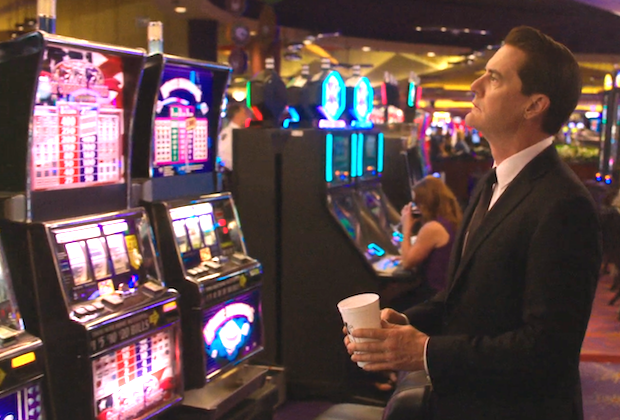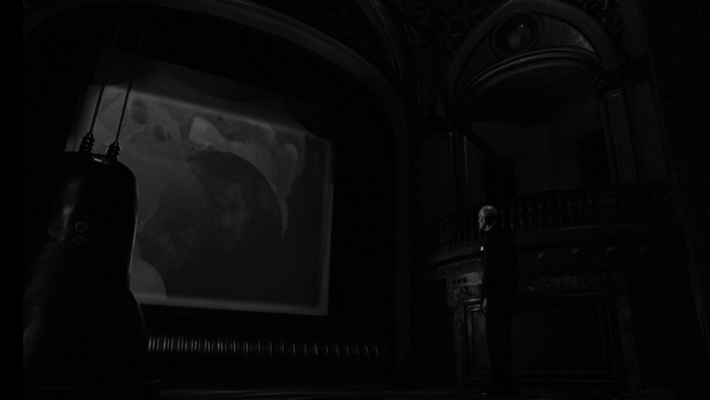You are waiting on an empty train platform at 3am with the area lighting constantly flickering. A figure emerges from the stairs on the opposite side of the tracks. After standing still for a few minutes, it descends the stairs again, and reemerges on your platform. Shuffling up to you, it extends its hand and, in a hoarse voice asks, “Gotta light?” You don’t know who this figure is, or what its intentions are. You don’t know what the lights are flickering. What you do know is that the combination of darkness, electrical failure, and loneliness invokes a feeling, an experience of anxiety.

This is the type of experience that David Lynch evokes in his best work, especially when a solid plot line is developed, if only secondary. It is what the return of Twin Peaks on Showtime has succeeded in during an age when the art of experience in film is mired by binge-watching for the sake of knowing. The best way to watch this reincarnation of Twin Peaks is probably not the best way to generate ratings, as has been shown by relatively low live episode ratings. Instead, watching the episodes when you are in a state of mind to absorb the experience, whether it be the next day or two days after with On Demand, gives you the best chance at reflections, which is when Twin Peaks is at its best.

Each episode has done its duty to incorporate both a plot and an emotive force. We may not know who is behind the glass box in Manhattan, but we can guess that it has something to do with gaining knowledge about something connected to The Black Lodge. We may giggle at Dale Cooper’s innocent wanderings and activities, but we feel that we are experiencing what it could be like to be cut off from reality for twenty years.
This art of experience in film has become elevated in Part 8 of Season 3, usually referred to as “Gotta Light?” The Black Lodge is referenced, but we still don’t really know what it is. We probably never will, because that isn’t Lynch’s game. What we are given is much more powerful than an origin story. We are given an emotive connection to what The Black Lodge is by way of a historically dire event: the detonation of the atom bomb. It is that connection of pure dread, that a destructive force that can obliterate hundreds of thousands of lives in an instant and leave nothing in its ashes has been created. The Black Lodge is not responsible. It is us.

Maybe the atom bomb opened a gateway for The Black Lodge see how to best torture humanity, and gives birth to BOB. The White Lodge, in its defense of humanity, thus creates Laura Palmer. These aren’t physical manifestations, of course. They are the visualizations of corruption and purity.
Of course, emotions can change, from the next episode to the next re-watching of the entire season. What I do know is that I’m going to take my time with it.
